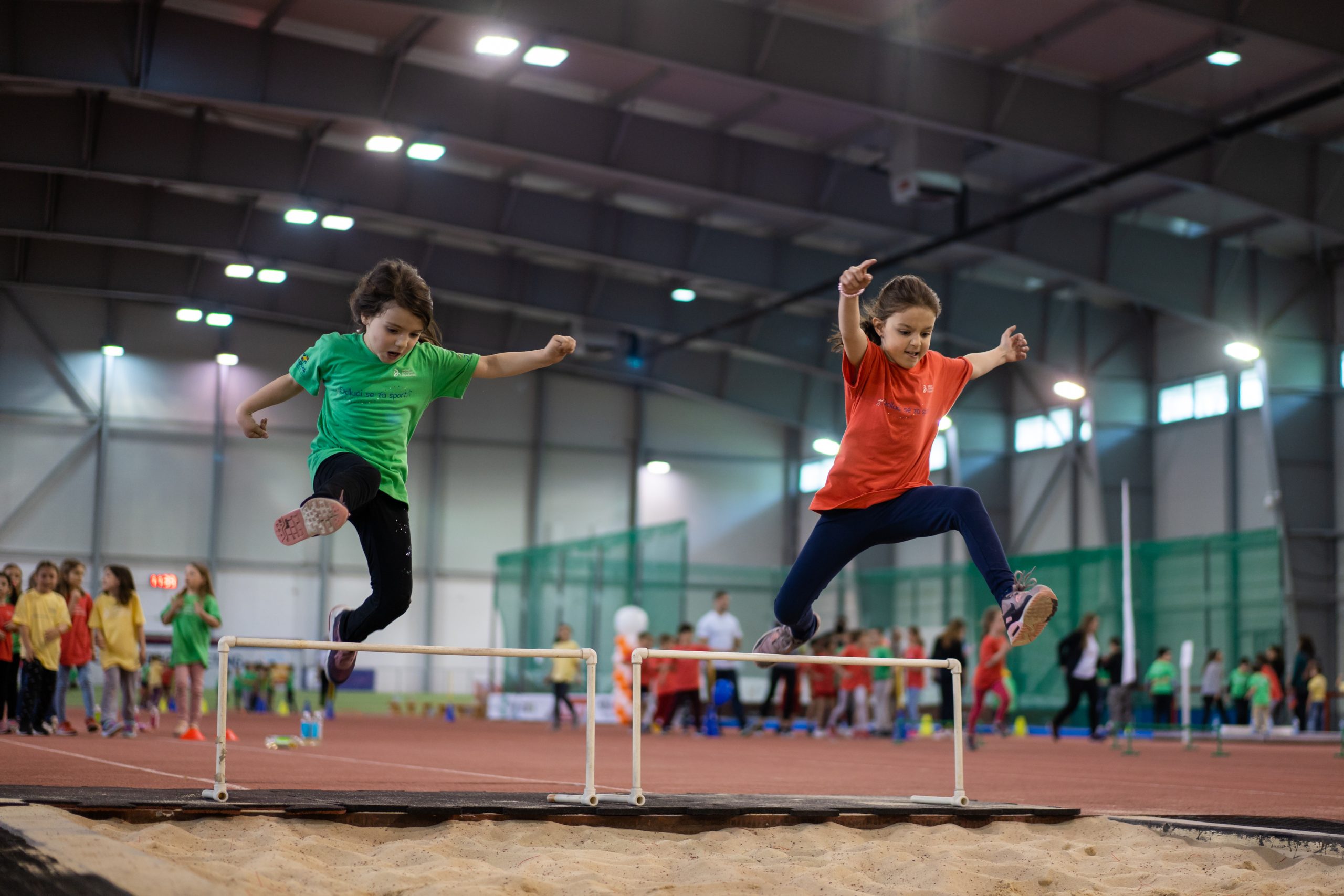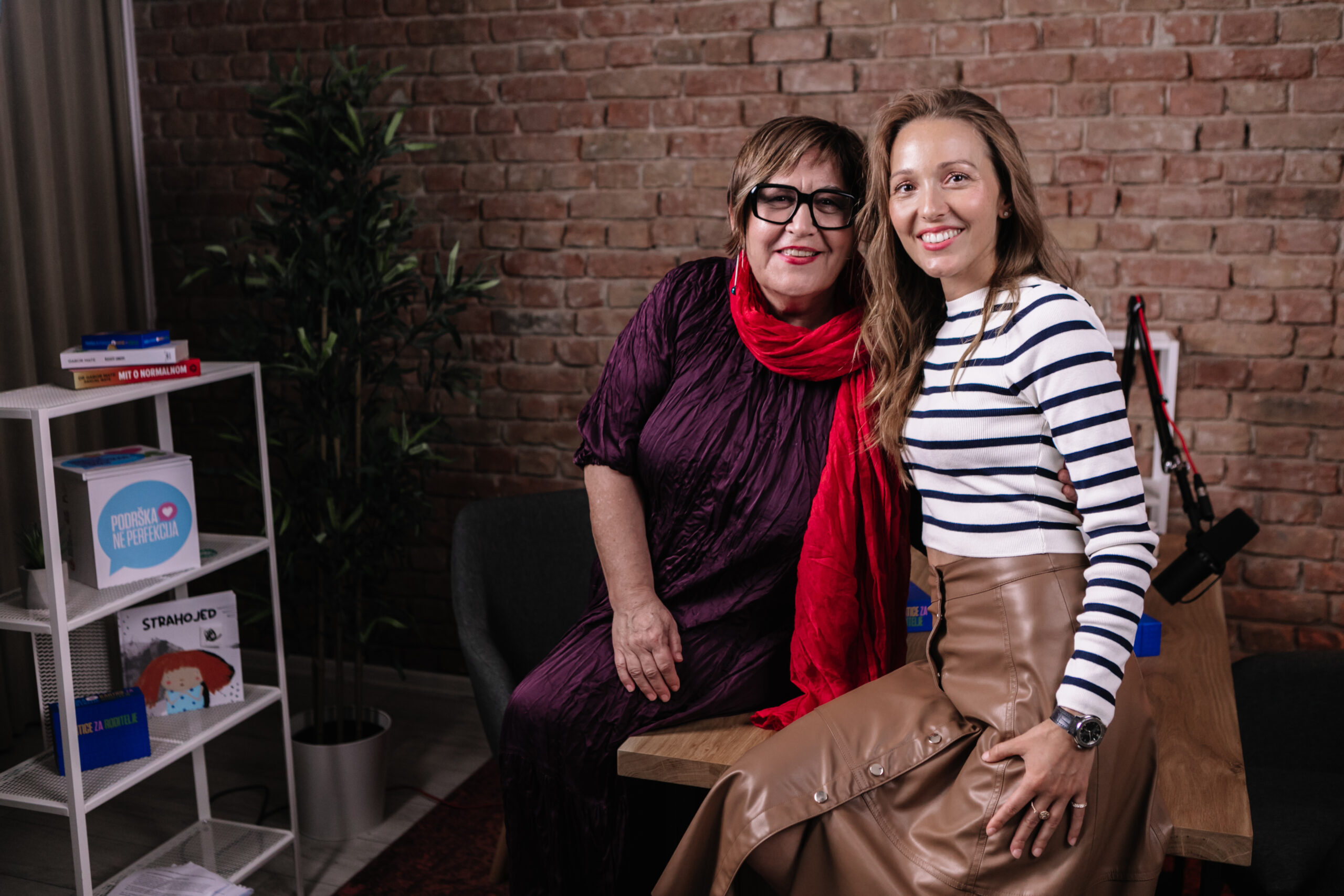This is a competitive world, whether we like it or not. It starts already from an early age – in kindergarten when teachers encourage children to eat faster, at play dates where children need to win the race or in school where children are trying to get better grades. It seems like we are surrounded by comparatives and superlatives – the words like ‘better’, ‘more’, ‘most’ become deeply entrenched in our minds. Competitiveness motivates us, pushes us to grow and develop. However, on the opposite side, it becomes a breeding ground for jealousy, insecurity or over-inflated ego and does damage to our relationships. Finding a healthy, positive way to develop competitiveness is a crucial part of raising happy and confident children.
1. „A flower doesn’t think of competing to the flower next to it. It just blooms.“ -Zen Chen
How often do you hear or say something like this:
„¢ Look at Peter, he can do it better, nicer, faster“¦
„¢ Why can’t you be like Ann? She is so sweet, respectful, brave“¦
„¢ Come on, you can do better than Emma.
Our children are being bombarded by these kinds of messages and what they actually hear is: „I am not enough!“ Their response might be to prove themselves and fight harder or conform to the „not enough“ statement and sink into the feeling of incompetence. Either way, their response is not an authentic expression, but adaptation to the messages they keep hearing.
Instead, send out messages of human differences, explain how everyone has their life path to follow, praise your children’s strengths and celebrate their successes. Do not give undeserved praise – they will know if you are faking it.
Allow your children’s uniqueness to bloom.
2. „Integrity is doing the right thing even when no one is watching.“ -C.S. Lewis
Once your children reach puberty, you realize how important integrity is. With all the peer pressure, exposure to cigarettes, alcohol, drugs; with all the big life decisions ahead, you want them to be able to think for themselves, not to compete with others, but to make their own wise choices.
Developing integrity starts early and it includes many other values: fairness, loyalty, honesty and standing up for what you believe in.
Here are a few things you can do:
– Allow your children to develop their own tastes (music, fashion, food, sports, etc.), even if they are not your preference. I remember clearly how my daughter used to test me once I told her that she can like whatever song she wants. For weeks after that, she would randomly announce that she likes or dislikes something and observe my reaction carefully. I had to reassure her that it is fine, and we can all have different preferences.
– Insist on a fair play – in sports competitions, on tests and exams, or when playing with friends. Children have a very strong sense of fairness, some scientists even argue that morality is an innate human trait. When you foster fairness from an early age it becomes an integral part of their value system.
– Be honest with your children and demand honesty in return. We know that everything is not exactly black and white and many times we need to function in grey areas and resort to white lies. However, for many things, there can be a clear line. Draw that line and explain it to your children. Use context to decide in tricky situations. Check the intention behind the questionable action – maybe fairness is hiding behind the little lie presented to you.
– Talk about integrity, fairness, and loyalty with your children. Point it out in movies, in life situations, in other people’s actions. Praise them when they demonstrate these qualities. Always be honest with your praises.

Encourage your children to recognize and develop their own strengths. Copyright: Yuganov Konstantin
3. „Failure is not the opposite of success, it’s part of success.“
You have heard stories about JK Rowling’s „Harry Potter“ manuscript being rejected by many publishers before someone decided to give it a try, of Michael Jordan who was cut out of his school basketball team, or Oprah Winfrey who was fired from her first job. All of them persevered on their path and became successful people that we know today.
Failure and success are both relative and impermanent. By redefining the meaning of these two concepts, we are teaching our children to find their own definition and embrace both as they come.
The best piece of advice you could give your children could be: „Never let success get to your head. Never let failure get to your heart.“
Celebrate success, of course, but don’t attach to it. Learn from failure and keep going forward.
4. „I’ll love you forever
I’ll like you for always
As long as I’m living
My baby you’ll be.“
-from „Love you forever“ by Robert Munsch
I am a proud aunt of four amazing nephews and nieces. I don’t see them regularly as I have been living abroad for a long time, but whenever we meet they run into my arms, screaming with joy and fighting who will be the first one to hug me, who will sit closest to me, whose birthday party I can attend. Seeing all that competition for love, I decided to have a little chat with them.
Firstly, I announced that love is so mighty and strong and abundant that there is always, always, always enough love for everyone! They calmed down instantly and I could feel their worries and anxiety melting away. Then I asked them if we can love everyone in the same way. I love bringing this kind of big questions for children. Their pure wisdom never ceases to amaze me. After a bit of thinking, they told me: No, we are all different and we love differently. What a great answer from a group of kindergarten age kids!
A lot of worries, fears, and anxiety stem from children’s feeling of not being loved enough. So many fights, misunderstandings, and unhealthy attitudes result from the feeling of inadequacy and not being lovable.
Parental love should be unconditional, it should be expressed daily through words, actions, through listening, understanding, and support we offer our children. They need to feel safe that parents’ love comes with no strings attached, that it is there, always and it will never go away.
5. „I’m in competition with no one. I run my own race. I just aim to improve, to be better than I was before.“
Being competitive has its benefits, as mentioned earlier. We can show our children to direct that inner need to be ‘better’ and ‘more’ toward themselves, instead of competing with others.
- Encourage children to reflect on their own progress (in math, football, or similar). Remind them where they stared and where they are now.
- Check if they are doing their best. Not another person’s best!
- Help them set their goals and action plans to achieve them.
- Help them to accept themselves completely – both good and „bad“.
- Encourage your children to recognize and develop their own strengths.
- Remind them that life is a journey, not a race.
While we may desire a world for our children that is simpler, more accepting of our differences, that unites the opposites in a constructive way, we still need to face the reality and help our children grow and live in the existing conditions. By making the best use of human natural competitive inclinations and developing them in a balanced and positive way, we are giving our children a chance at thriving in this world and changing it for the better.

















